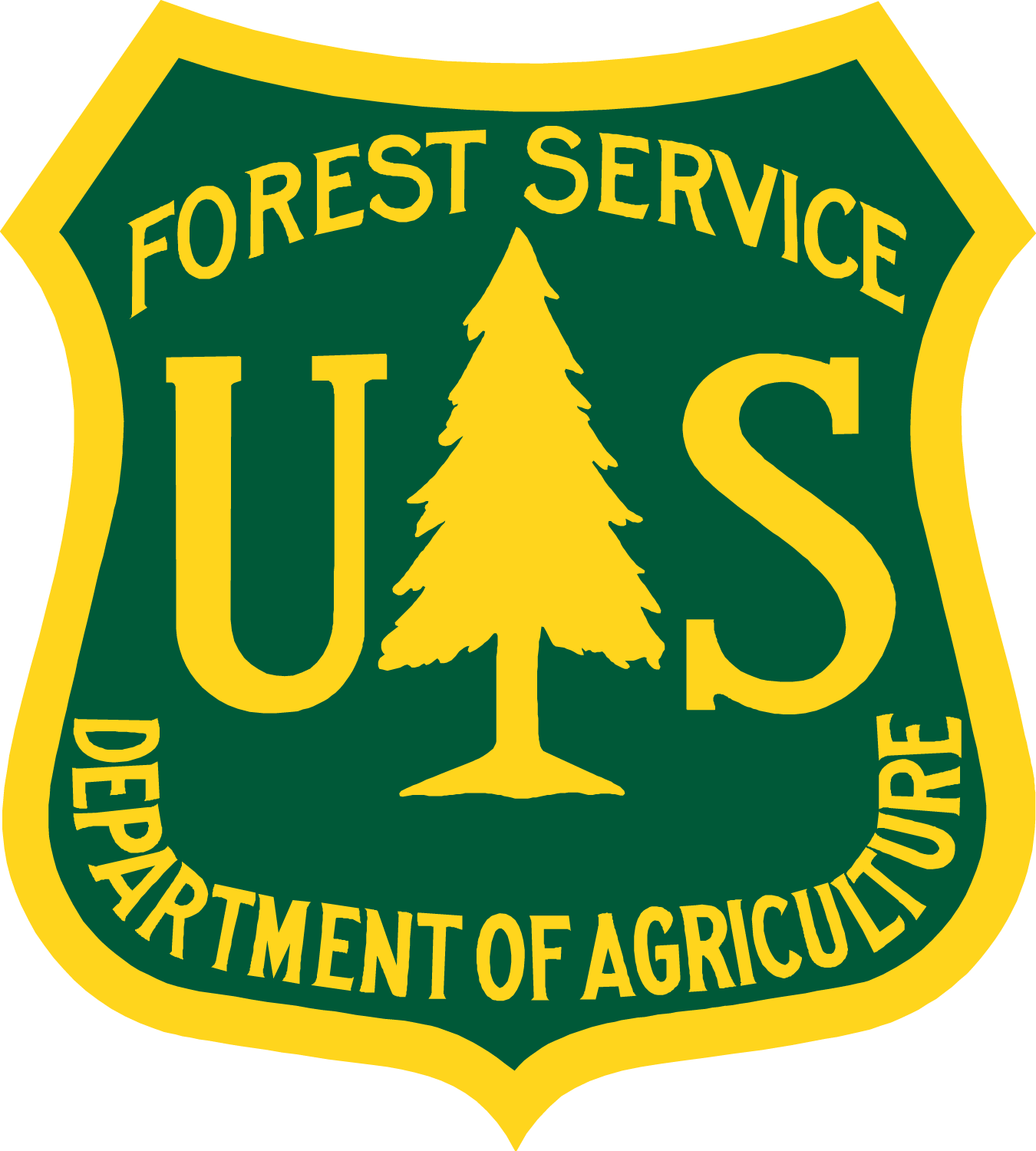Five principles behind successful, long-term programs.
- Stay Fresh and Relevant. Don’t become “old news.” Celebrate each significant milestone. And never stop looking for new opportunities to put the partnership to work. One success is an achievement; multiple successes cement your partnership’s standing in the community as leaders and innovators.
- Don’t let up on your partners, or let them down. Hold regular meetings during design, construction and assessment stages. You’ll need their input throughout the project – and after, as you tackle the next one.
- Find an anchor institution that will stay the course. It needn’t be a municipal department. Sometimes an outside group [for example, a business improvement district or a major medical center] will have the resources to convene and support the partnership long term.
- Promote, and then promote some more. Publicity is the oxygen that enables projects to grow [or is it carbon dioxide?]. Try, where possible, to put elected officials up front. They’ll want to – and should – take credit for the benefits and co-benefits the project delivers. And it will make the next project all that easier to get off the ground.
- Assess, adapt and be upfront about it. Problems will surface. To keep your partners and policymakers engaged, let them know what’s happened, and what’s being done to remedy the problem. The “no surprises” doctrine works both ways. If you don’t surprise them, they won’t surprise you by ignoring your next project.
Don’t Stay in the Shade.

Philly GreenworksRegular progress reports should make news.

